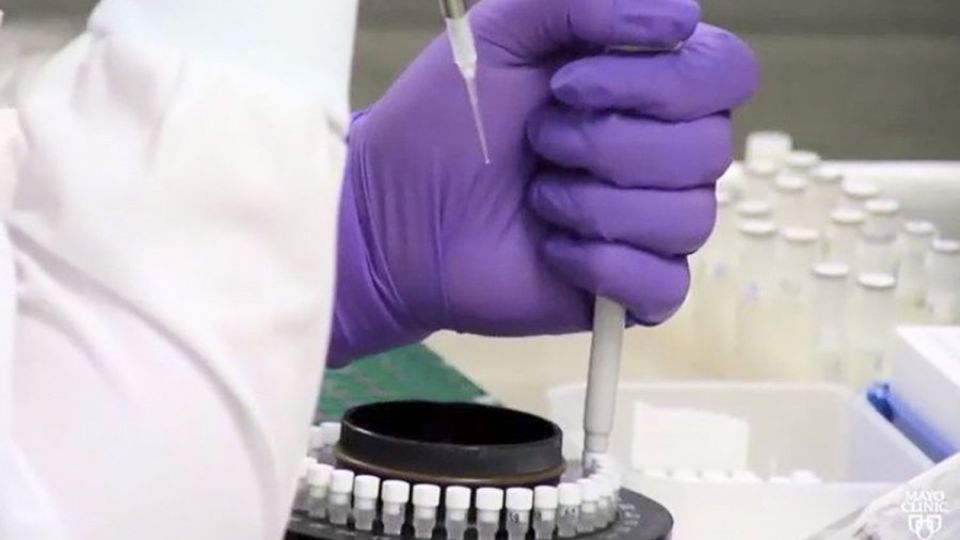March 17, 2023
JAKARTA – United States-based hospital operator Mayo Clinic opened an office in Jakarta, its first office in the Southeast Asian region, in a bid to expand and streamline its services in the country.
The international representative office aims to assist patients, referring physicians and insurance brokers to make appointments at Mayo Clinic hospitals located in the US and the United Kingdom.
Stacey Rizza, Mayo Clinic’s executive medical director of the Asia-Pacific region, said Indonesia was an important market for the hospital operator as it had a good stream of patients coming from the country.
“If somebody has something that’s really concerning for them or something they feel they should seek additional care for, then we want to be available for them,” she told The Jakarta Post on Thursday.
She added before the establishment of the office, patients had needed to arrange their own appointments directly with the clinics and navigate the system by themselves.
“We’re so fortunate to get a good number of Indonesian patients but [have opened this office] in order to be available for even more and to make that process a little bit more streamlined.”
Read also: Yearender 2022: Doubts linger over Indonesia’s healthcare system transformation
Indonesia was a country of choice, considering there had already been an established network in Jakarta, she said, referring to Pertamina Central Hospital’s (RSPP) participation in the Mayo Clinic Care Network (MCCN), which came into effect on Jan. 26.
RSPP is the first member from Southeast Asia in the MCCN, a group of healthcare organizations with special access to Mayo Clinic’s knowledge and expertise.
“We’re here to work with stakeholders and the government to ensure a seamless process, where patients who need to travel can travel, and those who need to seek local care can have their options ready as well,” Royston Lek, the Mayo Clinic International’s executive director of the Asia Pacific region, said on Thursday.
He did not rule out the possibility of collaborating with other hospitals in the country in the future, albeit not in a similar manner to Mayo Clinic’s partnership with RSPP.
“There could be other avenues with other private hospitals or other public hospitals, for example; if they want to go to the US, they have the opportunity for us to refer to them. That’s something that we will potentially look into,” he said.
Read also: Indonesia vows to improve facilities to curb medical tourism
A lack of medical specialists and inadequate physical infrastructure for healthcare delivery pushed many Indonesians to seek medical treatment in other countries, including Malaysia, Singapore, Japan, the US and Germany, costing the country billions of dollars in capital outflow.
Some 1 million Indonesians annually spend around US$11.5 billion on medical services abroad, the Health Ministry’s Director General of Health Services Abdul Kadir was quoted as saying by Antara news agency in January last year.
Based on data from the Indonesian Medical Council (KKI), there are only some 55,000 medical specialists in the country, meaning every specialist must cater to 5,000 people. The problem is exacerbated by the fact most medical specialists practice in big cities, especially in the most-populated island of Java.
Meanwhile, out of the 897 hospitals owned by the government, 104 do not have practicing anesthesiologists, surgeons, gynecologists, obstetricians or pediatricians, which are among the most in-demand medical specialists.


